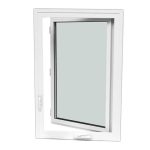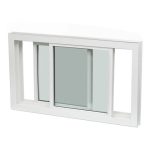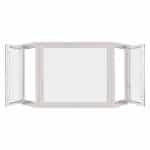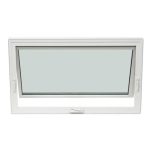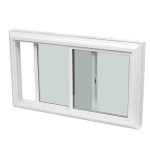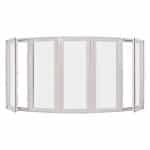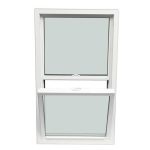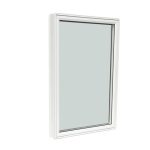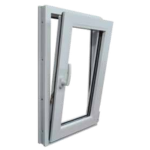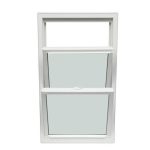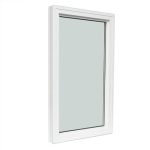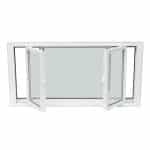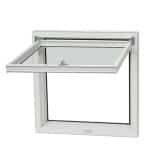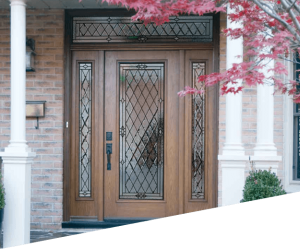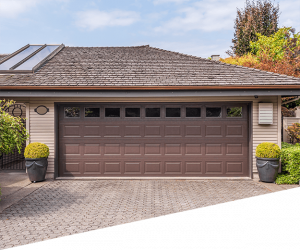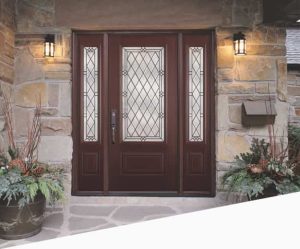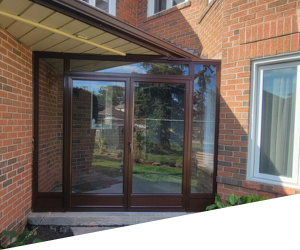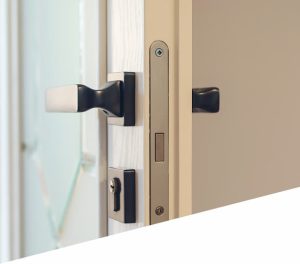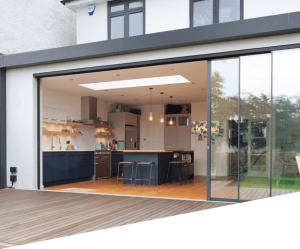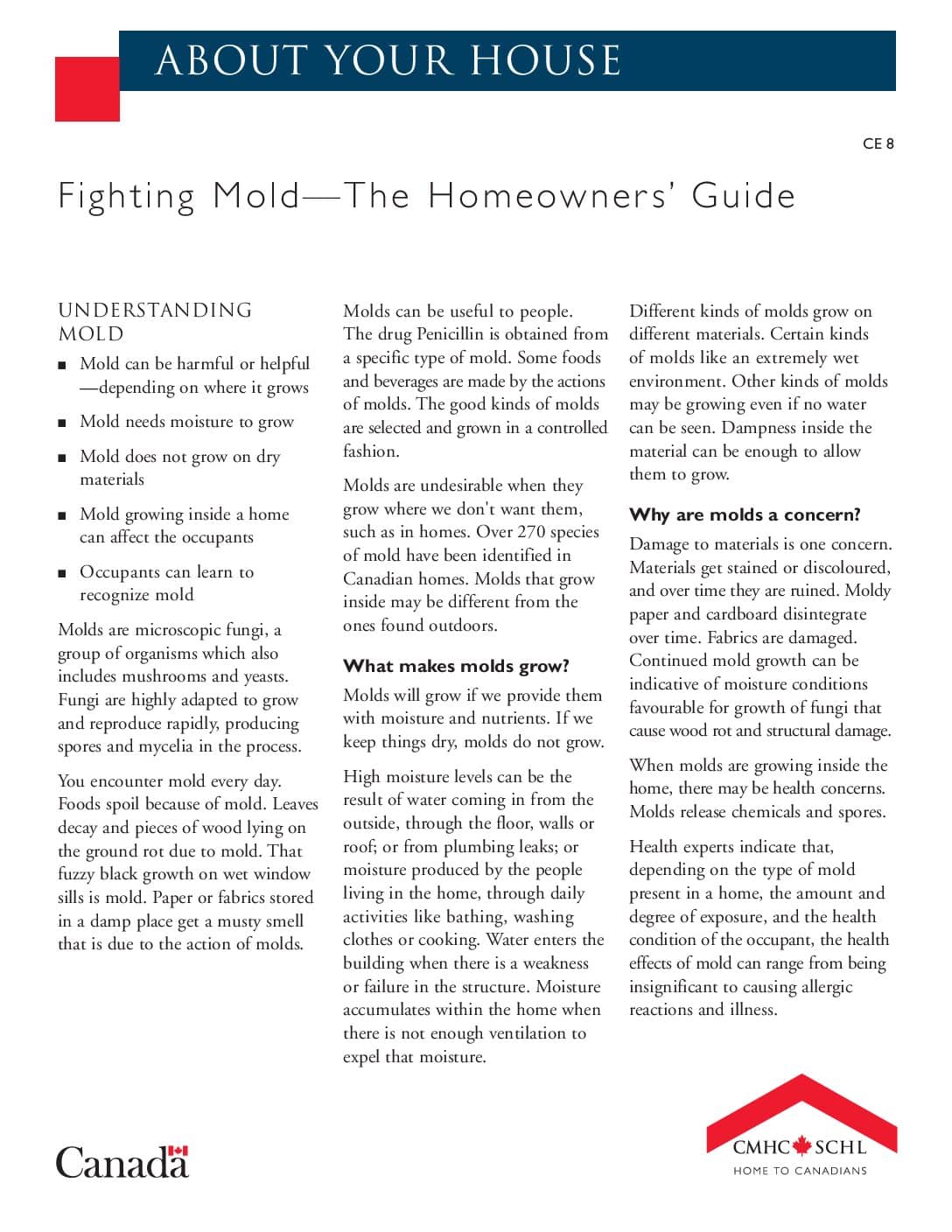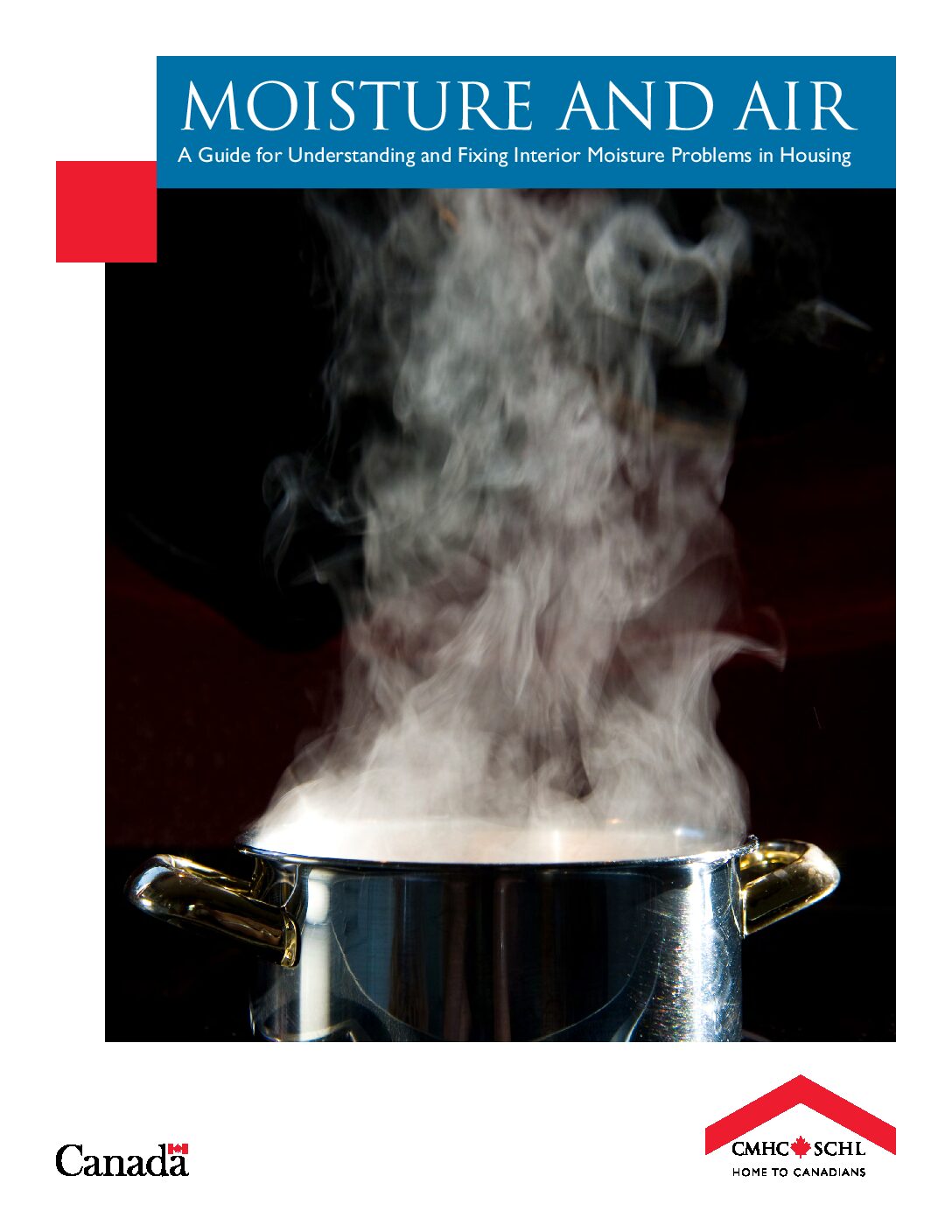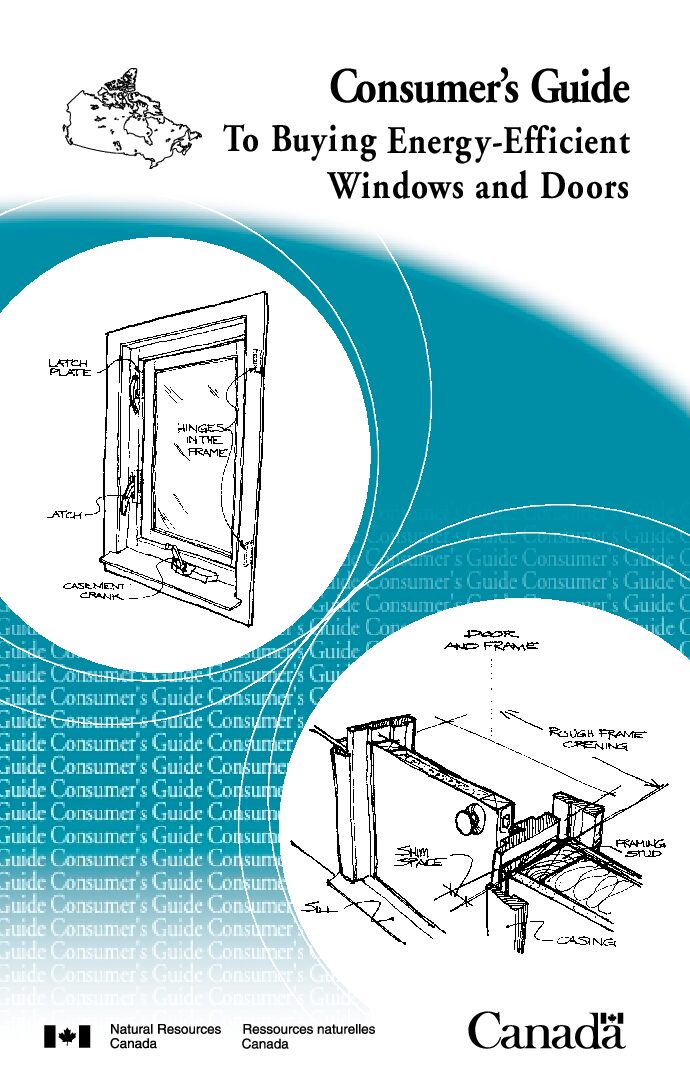Window Condensation
Windows serve as visible areas for moisture to condense, warning you that there is too much moisture inside your home. Windows do not cause condensation. Water on windows is condensation, and it can be a problem. However, it’s not a window problem, and the solution does not come from the windows.
What is condensation?
The old windows were drafty and allowed a lot of the moist air to escape to the outside without settling on the window. The new windows are tightly sealed and are keeping the air inside. Condensation is a result of high levels of moisture in the air. At certain temperatures, certain percentages of humidity are required for condensation not to occur. Because your new windows are more efficient, the difference between the indoor and outdoor temperature is greater, meaning the air is more likely to turn to condensation when it touches the surface of the glass. Similarly, because your new windows don’t lose as much heat, or as quickly, you are more likely to have higher levels of moisture in the air in your home, making your windows more prone to condensation. Low-e coatings on high-performance windows make the glass more energy efficient by reducing heat loss. However, if the night has been cool and calm and the air is humid, condensation may form on the outside surface of the glass around sunrise. Proper air circulation near windows is also necessary to minimize condensation. Airflow across the glass surface helps to keep it warmer, and that is one reason heat sources such as central heating vents and electric baseboards are located beneath windows in many homes. Deep window sills, closed drapes and blinds, and even nearby furniture can block air movement and allow cool air to pool near a window, which can lead to condensation on the glass. Condensation is the result of high humidity that produces a “fog” once it hits a colder surface. The humidity is caused by excess water vapor in the home. This is commonly seen in a foggy mirror after a hot shower. Condensation usually occurs first on windows because glass surfaces have the lowest temperature of any of the interior surfaces in the home.
What causes high humidity?
Humidity comes from excess water vapor in the air. All homes have a certain level of moisture due to household activities. Activities such as showering/bathing, cooking, laundry, and dishwashing can add up to five pounds of water vapor into the air daily! Other moisture-producing agents include plants, heating systems and humidifiers.
Seasonal changes, quick changes in temperature, reconstruction and remodeling can also add excess humidity temporarily into the air. During construction, large quantities of water are displaced into the air from building materials such as concrete, plaster, taping, etc. After one season of heating it will commonly dry out and your condensation problems will disappear.
Why wasn’t it always there?
Old drafty windows allow moist interior air to escape through inefficient seals and cracks. Today’s technology produces more energy-efficient, “tighter” homes. This is great for keeping your home more comfortable, quieter, and cleaner, BUT by sealing your home you are also keeping moisture in. In today’s homes, it is very easy to build up extremely high levels of humidity.

